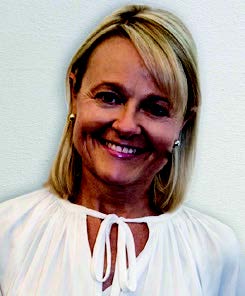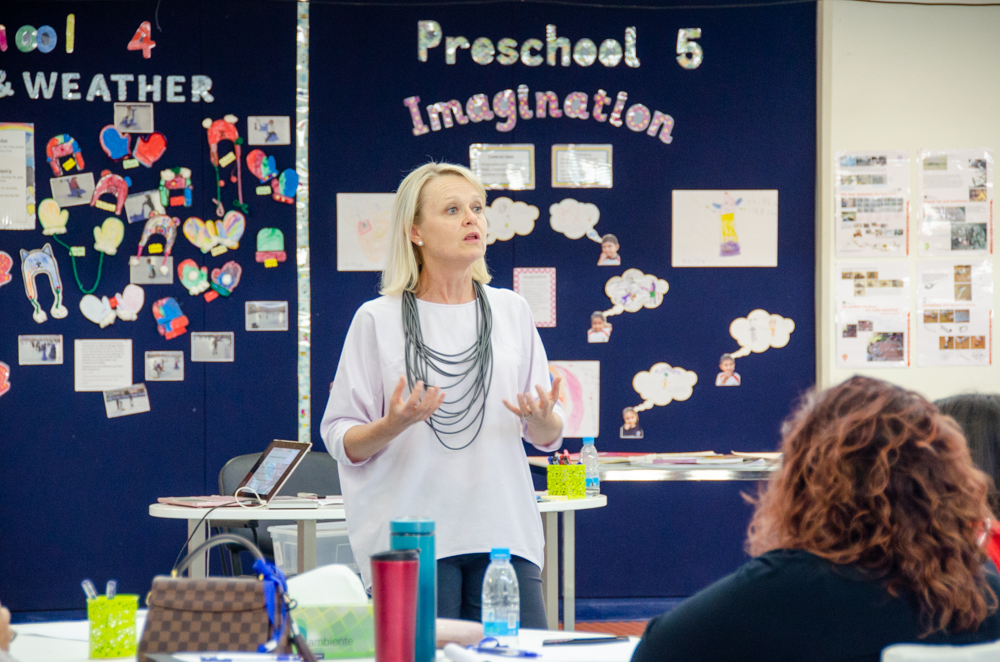Date: 18th – 19th January 2019
Workshop Leader
 Kirsty has had extensive experience as a practitioner and leader in a variety of contexts in early childhood, with the most recent as Director of Cornish College Early Learning Centre, in Victoria, Australia. Many educators from around the world have visited this early learning centre as a place of provocation, innovation and inspiring practice. Kirsty was awarded a national excellence in teaching award for innovative practice together with an award for Victoria for her contribution to the early childhood sector.
Kirsty has had extensive experience as a practitioner and leader in a variety of contexts in early childhood, with the most recent as Director of Cornish College Early Learning Centre, in Victoria, Australia. Many educators from around the world have visited this early learning centre as a place of provocation, innovation and inspiring practice. Kirsty was awarded a national excellence in teaching award for innovative practice together with an award for Victoria for her contribution to the early childhood sector.
Kirsty is an elected committee member of the Reggio Emilia Australia Information exchange (REAIE). This philosophy has had a profound influence on Kirsty both professionally and personally, continuing to fuel a hope for children, all children to be respected, understood and to encounter places that honour the potential in all children.
Kirsty now consults and lectures widely both nationally and internationally, supporting and collaborating with educational teams to further develop their pedagogy and practice.
Workshop Description
The philosophy of education from Northern Italy has captured the hearts and minds of numerous educators from around the world, in a vast array of contexts. The ideas from Reggio Emilia are innovative, complex, intriguing and highly inspiring, yet not always easy to grasp and translate into every day practice.
This workshop is an opportunity to explore some of the many layers of this approach, dipping into the guiding principles that underpin the philosophy together with the practical side of how to integrate the ideas as part of your cultural context.
Participants will have an opportunity to think, share, question, research and wonder, building knowledge and understanding as a community of learners, with a renewed lens on teaching and learning.
“The ‘Reggio Approach’ in other parts of the world, outside Reggio Emilia only makes sense if we are capable of re-inventing it, if we are capable of understanding the context we work in, the values in which each culture believes, and then compare these with what Reggio has been capable of creating in its own specific context, and with its own resources.” Howard Gardner 2012.



